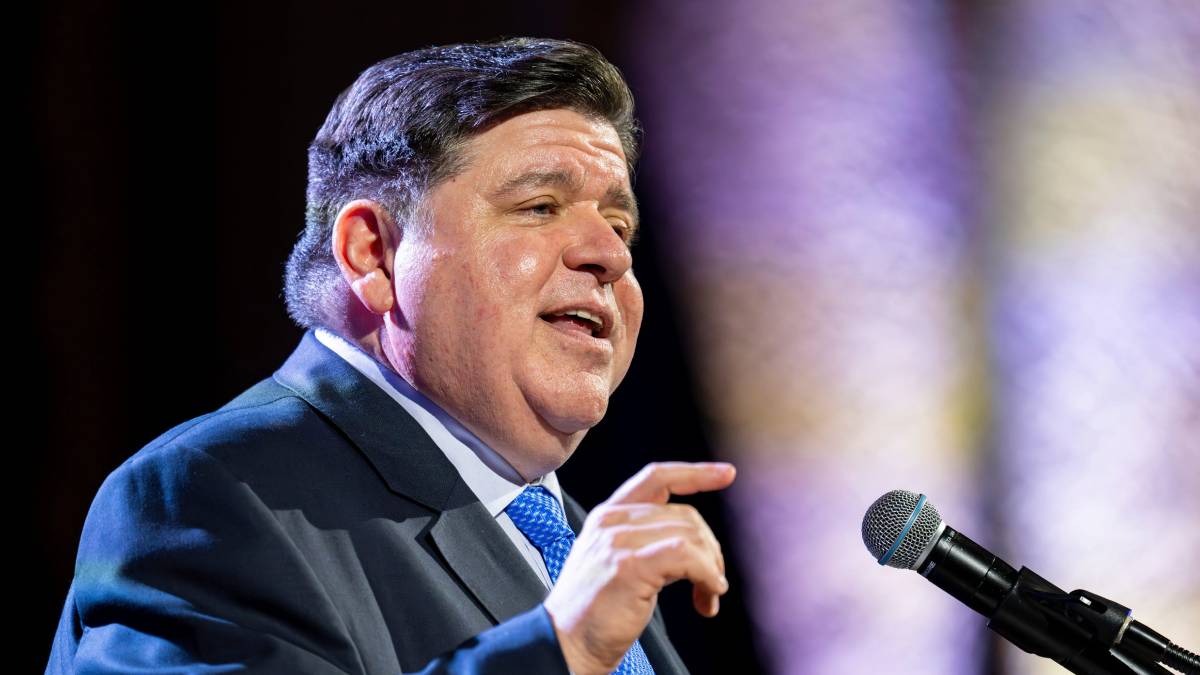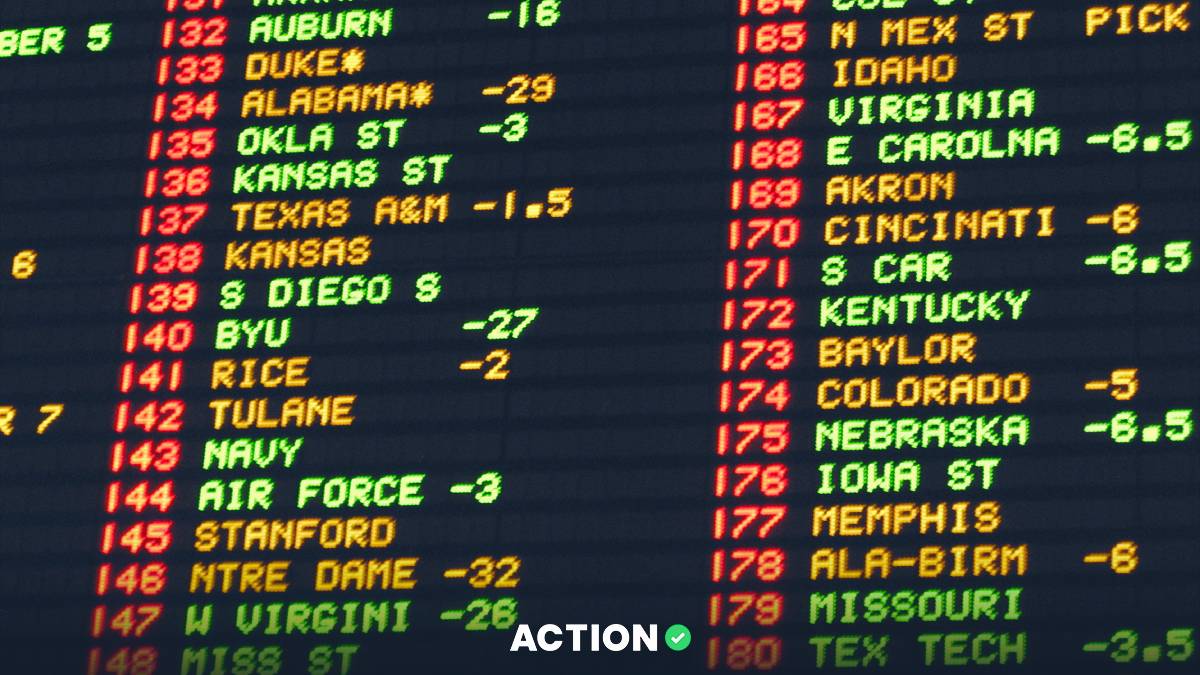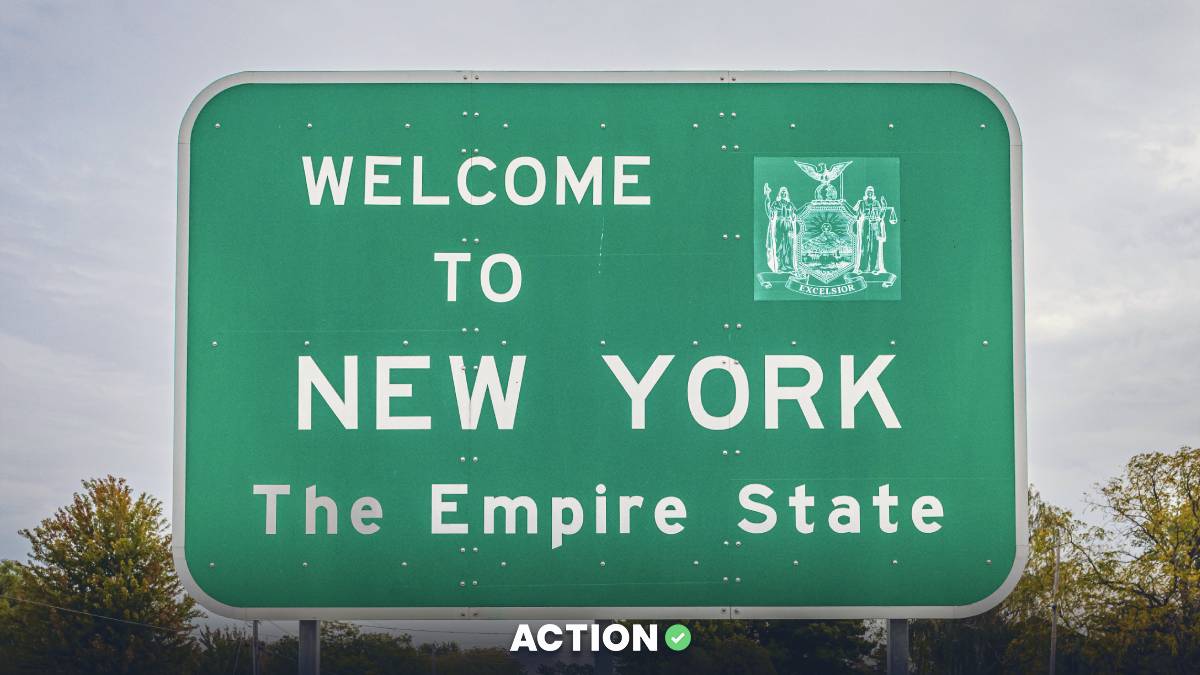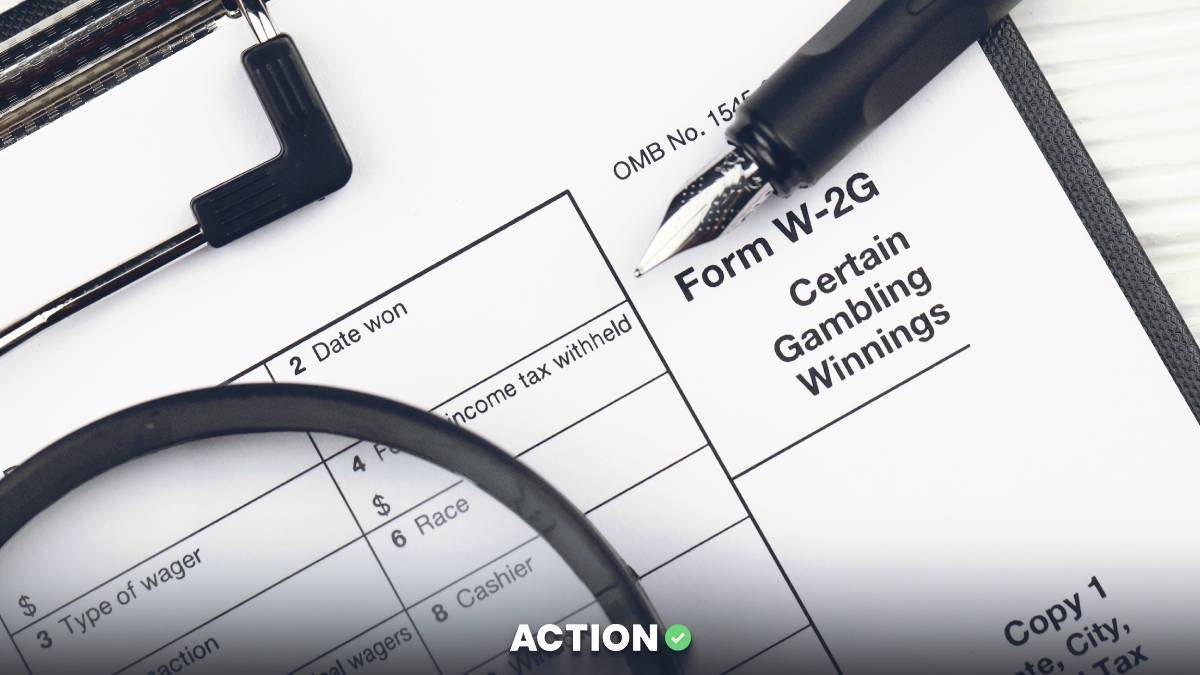Illinois is making headlines with its new state budget, which includes a controversial tax on sports betting.
Governor J.B. Pritzker plans to sign the budget into law, which will impact major companies like FanDuel, DraftKings, and BetMGM. This change is part of a broader shift in how the state approaches taxing the rapidly growing sports betting industry.
Illinois is facing potential cuts to federal funding. To deal with this financial uncertainty and a significant budget gap, lawmakers decided to introduce this new tax on online sports bets. This tax comes just a year after the state introduced a higher, scaled tax system for large sports betting companies.
The changes will take effect July 1.
The New Tax Explained
The new provision introduces a tax of 25 cents for every sports bet made in Illinois up to 20 million wagers. For bets exceeding that threshold, the tax increases to 50 cents per wager. Lawmakers think it could generate a minimum of $36 million, which is additional revenue for the state.

This move has already rattled financial markets, causing stocks like DraftKings to dip following the budget announcement.
An industry group, the Sports Betting Alliance, called this levy a "crippling tax," arguing both its discriminatory nature and the significant financial burden it imposes on companies. The group, which includes major players like FanDuel, DraftKings, BetMGM, and Fanatics, pledged to fight this measure, calling it constitutionally suspect.
Impact on DraftKings and FanDuel
In a Sunday note to clients, Barry Jonas, an analyst from Truist Securities, estimated the potential costs of this tax if it had been applied from March 2024 to April 2025.
During this period, FanDuel and DraftKings took 164 million and 146 million bets, respectively. Jonas suggested the tax could have led to additional financial burdens of $77 million for FanDuel and $64 million for DraftKings.
BetMGM, with 16 million bets, would face a more modest tax impact of $4 million. Other companies like Fanatics and BetRivers would also see smaller additional tax obligations.
According to analysts, major operators such as FanDuel and DraftKings might respond by reducing promotional events in Illinois to mitigate these costs.
A Brief History of Sports Betting Taxes in Illinois
Illinois has a history of adjusting its approach to sports betting taxation.
Last year, the state moved from a flat 15% tax on sports betting revenue to a progressive system based on adjusted gross revenue. This change required larger sportsbooks to pay higher taxes. Industry leaders criticized the approach then, stating it undermined the competitive position of regulated operators.
It's even prompted other states, like Ohio, to consider similar moves. Jonas also speculated that other states might adopt tax rates of 50% or higher, similar to not only Illinois, but New Hampshire, and New York State as well.
What This Means for Bettors
Robert Walker, director of operations at ARMS, argues that the financial burden of this new tax will ultimately fall on the consumer. He told Front Office Sports he expects operators to pass these costs onto customers, impacting the overall betting experience by reducing promotions and potentially raising prices.

The Sports Betting Alliance emphasizes that the new tax undermines the regulated market just as it faces competition from emerging alternatives. The group vowed to keep contesting the measure, stressing its adverse and potentially unconstitutional impact.
Introducing a new tax on sports betting in Illinois has sparked significant discussion and pushback from industry leaders. As the state moves forward with the changes, the full impact on companies and consumers will unfold, making it a critical area to watch in the coming months.









